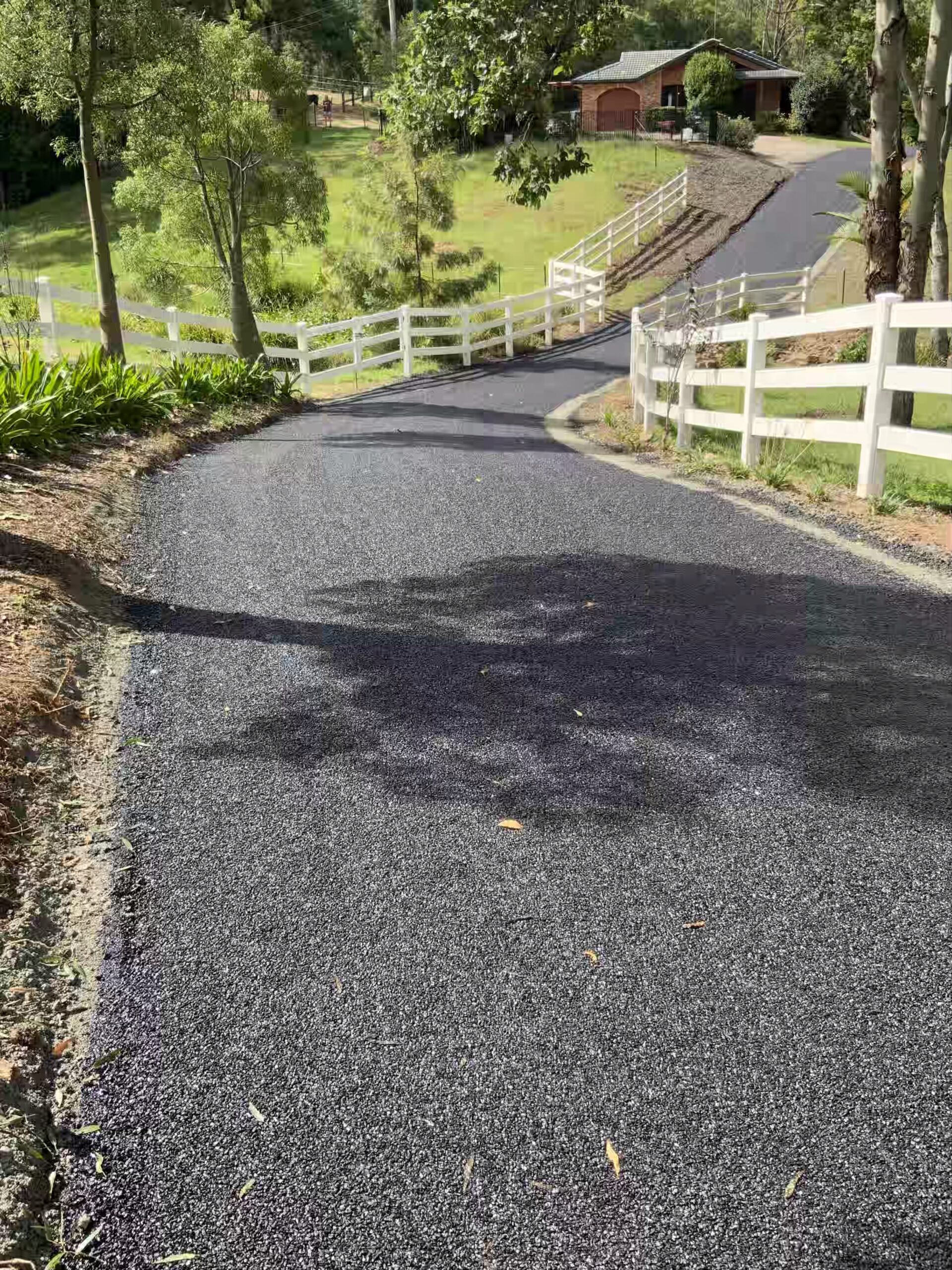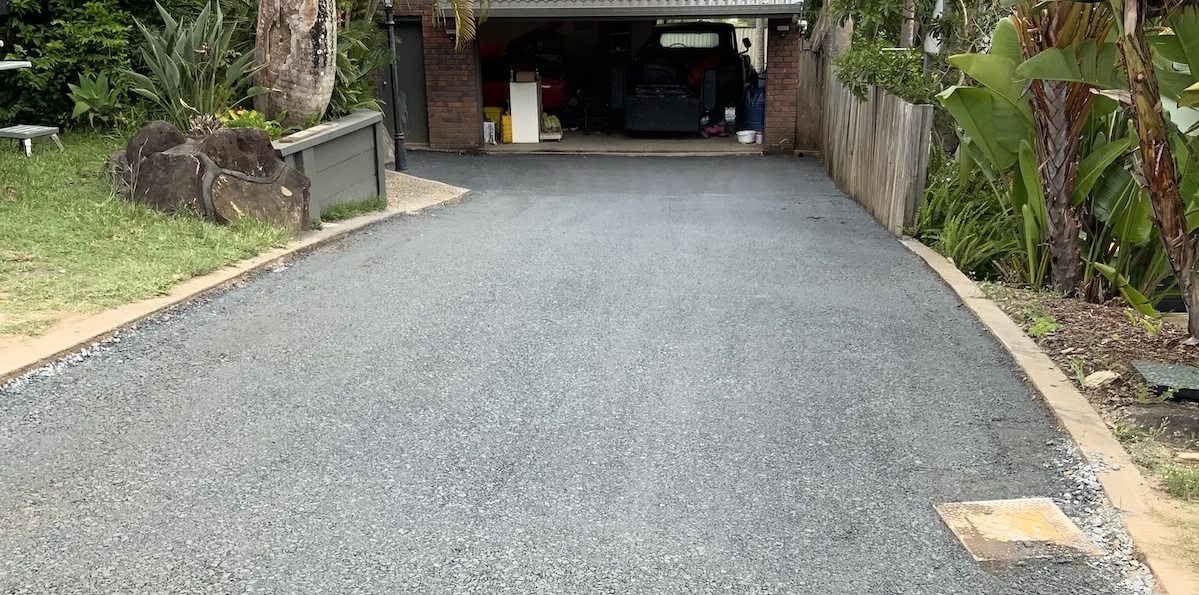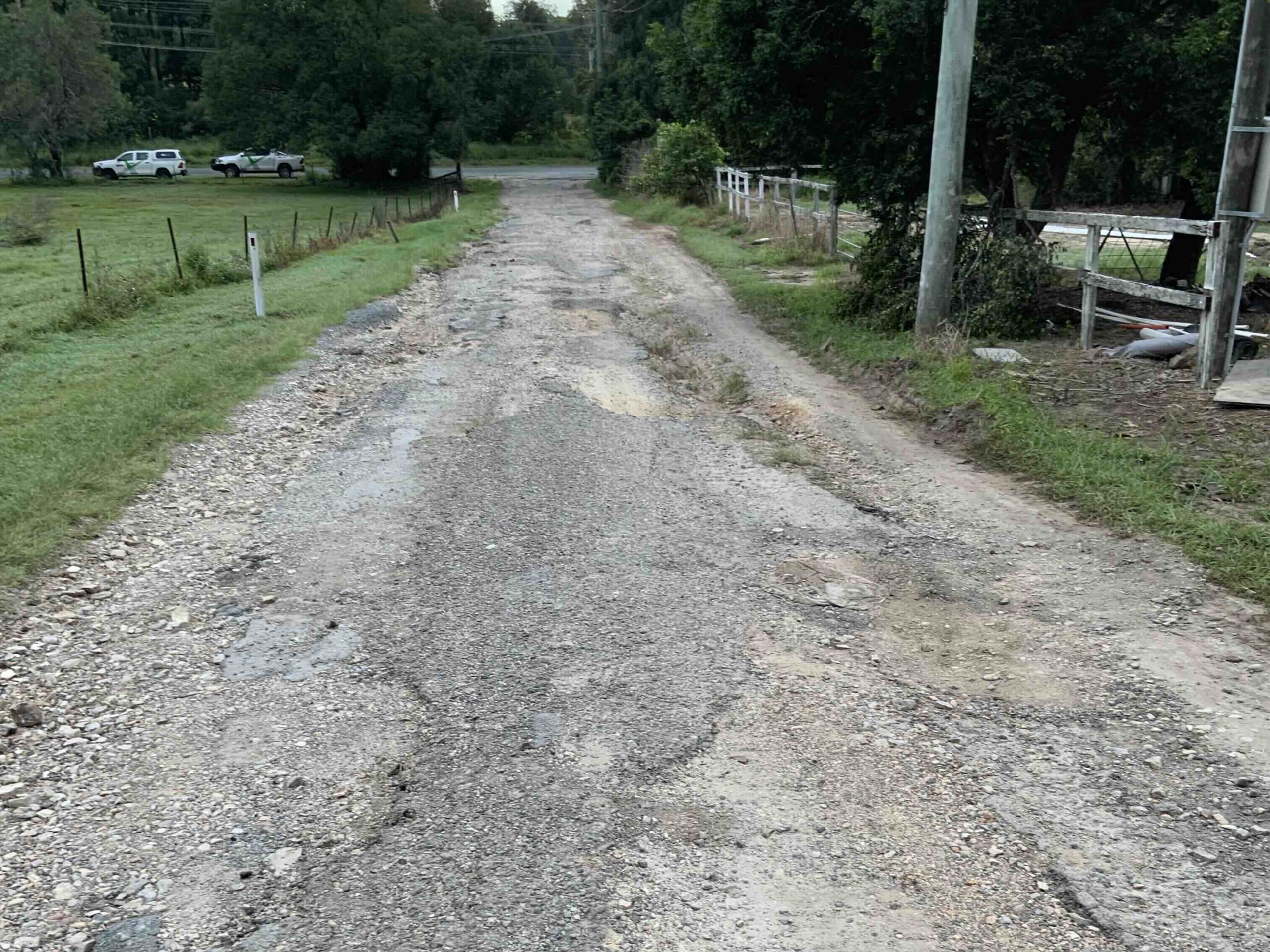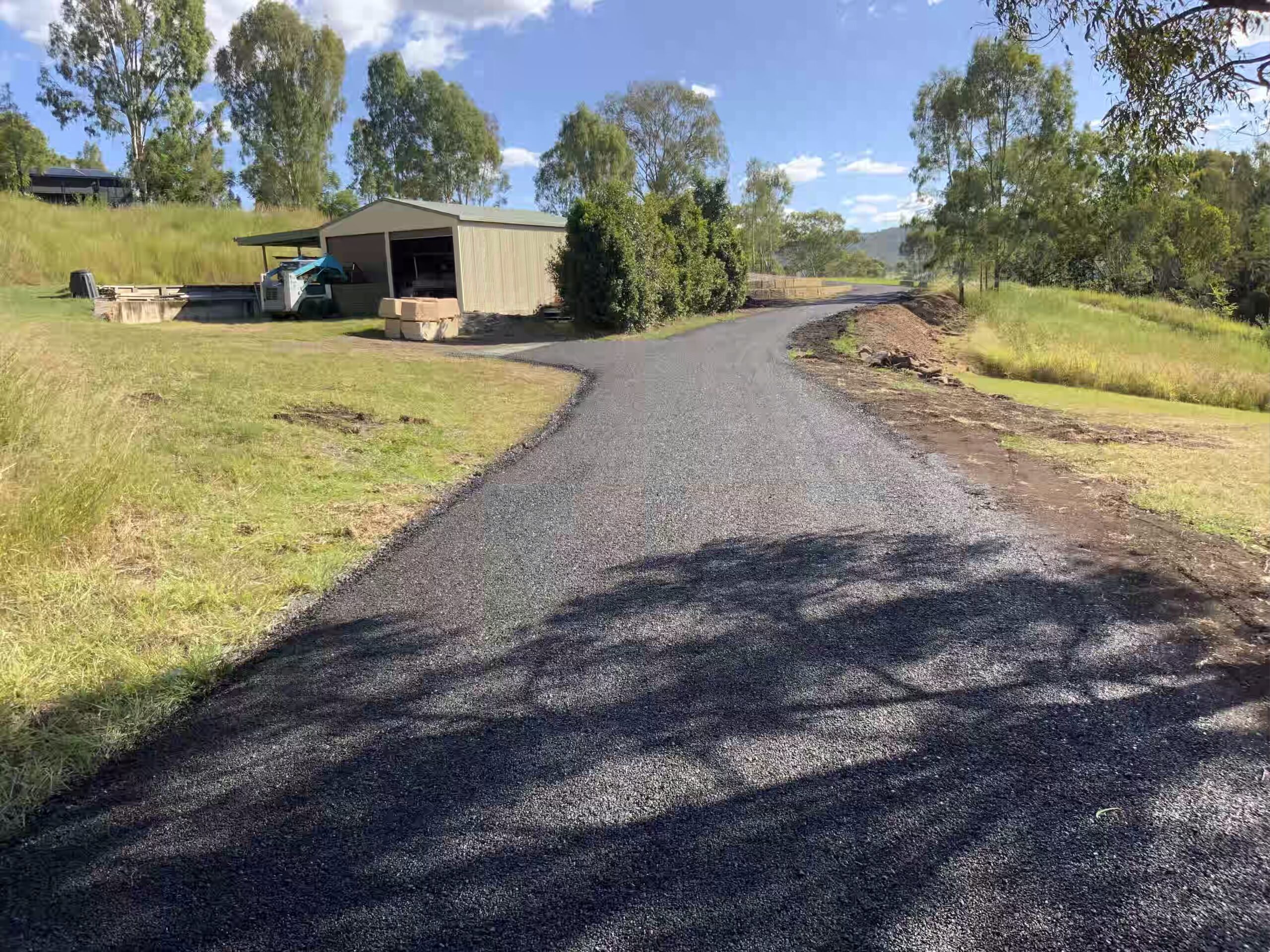Premium Bitumen & Asphalt Driveways on the Gold Coast | Expert Installation & Repairs.
At Spray Coat and Seal Driveways, we have earned our reputation as the most trusted and reliable bitumen and asphalt contractor in South East Queensland. With over 40 years of industry experience, we pride ourselves on delivering high-quality services, including two coat bitumen seal roads, asphalt driveways, and expert road base preparation. Our commitment to excellence ensures durable and weather-resistant driveways that stand the test of time.
Our dedication to customer satisfaction and quality workmanship sets us apart in South East Queensland. Whether you’re upgrading an existing surface or starting from scratch, trust Spray Coat and Seal Driveways to deliver reliable, professional, and long-lasting results in the Gold Coast, Scenic Rim, Brisbane, and beyond. Let us help you achieve the perfect bitumen or asphalt driveway for your property.

From Residential to Commercial – Bitumen & Asphalt Driveways Across Brisbane, Scenic Rim & Northern NSW
Whether you’re located in the bustling streets of Brisbane, the serene landscapes of the Scenic Rim, or the beautiful coastal areas of the Gold Coast, we tailor our services to meet your specific needs. Our two-coat bitumen seal process provides a robust and cost-effective solution, perfect for rural and acreage properties. This method enhances surface durability and protects the underlying layers, ensuring a long-lasting result.
For projects requiring asphalt, we offer precision and expertise, delivering smooth and resilient surfaces ideal for both residential and commercial applications. Additionally, our road base preparation sets the foundation for superior outcomes. Using only high-grade materials and proven techniques, we create a stable base that underpins the strength of your driveway or roadway.


